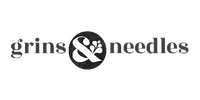|
Before I dive in, please consider checking out these resources: - See funding options for fighting COVID-19 here. - Support the BLM movement with these fundraisers.
|
|
Before I dive in, please consider checking out these resources: - See funding options for fighting COVID-19 here. - Support the BLM movement with these fundraisers.
|
